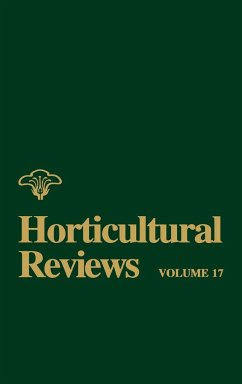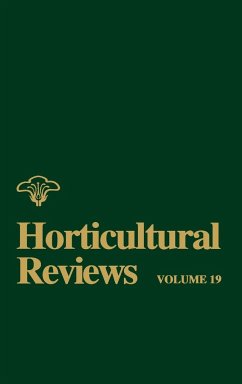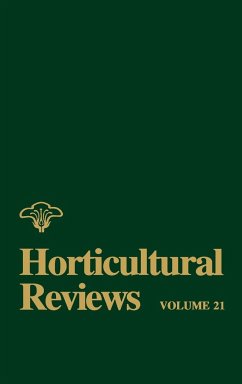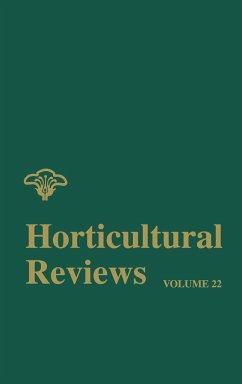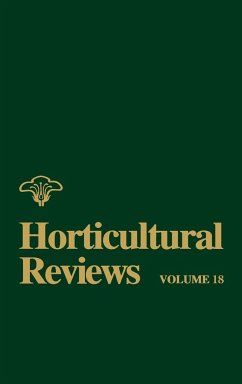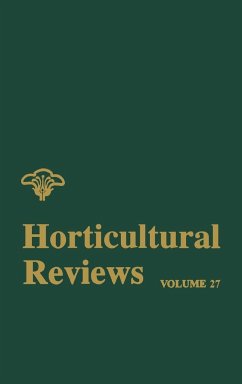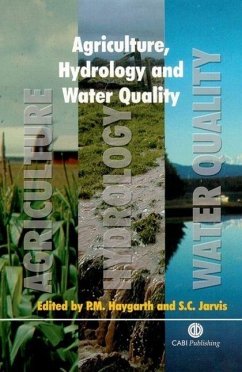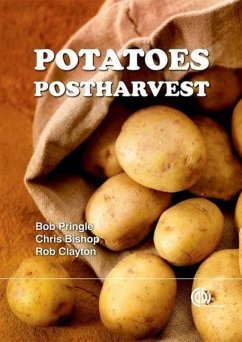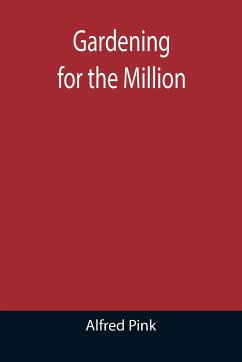Nicht lieferbar
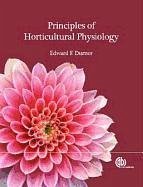
Principles of Horticultural Physiology
Versandkostenfrei!
Nicht lieferbar
Understanding the physiology of plants is fundamental to horticultural studies and practice. Aimed at undergraduates, this major textbook covers applied aspects of physiology related to horticultural crops. The author discusses specific physiological processes in relation to horticultural management, maintaining a focus throughout on how horticultural practices influence plant productivity and quality. Principles of Horticultural Physiology begins by guiding students through the basics of plant physiology; plant anatomy and plant classification, before covering plant hormones, growth and devel...
Understanding the physiology of plants is fundamental to horticultural studies and practice. Aimed at undergraduates, this major textbook covers applied aspects of physiology related to horticultural crops. The author discusses specific physiological processes in relation to horticultural management, maintaining a focus throughout on how horticultural practices influence plant productivity and quality. Principles of Horticultural Physiology begins by guiding students through the basics of plant physiology; plant anatomy and plant classification, before covering plant hormones, growth and development, and factors related to the external environment including water, light, temperature and soil. Greenhouse culture is also discussed, as well as practical management techniques including seeding, pruning and grafting. The book concludes with real-world horticultural considerations of harvesting crops, packaging and transportation, postharvest physiology and marketing plant products, as well as a fascinating chapter on plants and human nutrition. One of the text's chief virtues is the accessible way the author conveys sometimes complex information in an easy to follow style. An ideal resource for undergraduate students of horticulture, this book will act as a guide throughout the entire course.




